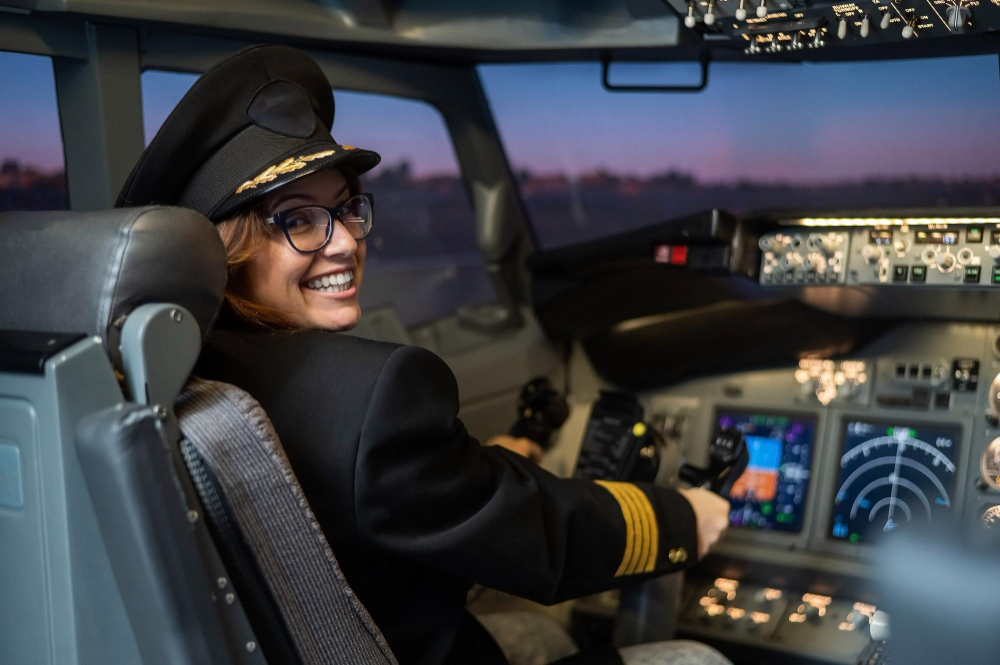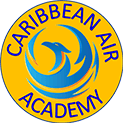Top Essential Skills for New Pilots

Learning to fly is one of the most rewarding experiences you can have, but it requires mastering a unique set of skills that go far beyond simply operating the controls. Whether you're considering enrolling in flight school or have already started your training, understanding these essential pilot skills will help you succeed in your aviation journey.
Modern aviation demands pilots who can think critically, communicate effectively, and make split-second decisions under pressure. The best pilots combine technical expertise with strong situational awareness and excellent judgment. These skills don't develop overnight, but with proper training and dedication, any aspiring aviator can master them.
Let's explore the core competencies that separate good pilots from great ones, and how you can develop these abilities during your flight training.
Technical Proficiency
Aircraft Systems Knowledge
Understanding how your aircraft works is fundamental to safe flying. This goes beyond memorizing checklists—you need to comprehend the underlying systems that keep you airborne. Master the electrical system, engine operation, fuel systems, and avionics. When something goes wrong, this deep knowledge allows you to troubleshoot effectively and make informed decisions.
Start by studying your aircraft's pilot operating handbook thoroughly. Ask your instructor questions about systems during ground lessons. The more you understand about your aircraft's operation, the more confident and capable you'll become as a pilot.
Navigation Skills
GPS technology has revolutionized aviation, but skilled pilots must still understand traditional navigation methods. Learn to read sectional charts, plot courses, and calculate wind corrections manually. These fundamental skills provide a crucial backup when technology fails and help you develop better spatial awareness.
Practice pilotage and dead reckoning techniques during your training flights. Understanding how to navigate using visual landmarks and basic calculations will make you a more complete aviator, regardless of the advanced avionics available in modern aircraft.
Decision-Making and Judgment
Risk Assessment
Aviation safety depends on your ability to identify and manage risks effectively. This skill involves recognizing potentially dangerous situations before they become critical and making appropriate decisions to mitigate those risks.
Develop a systematic approach to risk assessment. Consider weather conditions, aircraft performance, your own proficiency level, and external factors like airport conditions or air traffic density. Learn to be conservative in your decision-making, especially as a new pilot building experience.
Problem-Solving Under Pressure
Flying presents unexpected challenges that require quick thinking and calm responses. Whether dealing with weather changes, equipment malfunctions, or air traffic control complications, you must maintain composure and work through problems methodically.
Practice emergency procedures regularly during training. Your instructor will simulate various scenarios to help you develop problem-solving skills in a controlled environment. The goal is to make your responses automatic, so you can focus on the bigger picture during actual emergencies.
Communication Skills
Radio Communication
Clear, precise radio communication is essential for safe flight operations. You'll need to communicate with air traffic control, other pilots, and ground personnel using standard phraseology and procedures.
Practice radio work on the ground before your first flight. Listen to air traffic control frequencies to familiarize yourself with the rhythm and terminology. Many flight schools offer communication workshops to help students build confidence before taking to the air.
Crew Resource Management
Even when flying solo, you're part of a larger aviation system that includes controllers, mechanics, weather briefers, and other pilots. Learning to work effectively with others and utilize available resources is crucial for safe operations.
Ask questions when you're unsure about something. Seek input from experienced pilots and aviation professionals. The best pilots are those who recognize their limitations and aren't afraid to seek help or additional information.
Situational Awareness
Weather Interpretation
Weather is one of the most significant factors affecting flight safety. Develop the ability to read and interpret weather reports, forecasts, and radar imagery. More importantly, learn to recognize changing conditions during flight and make appropriate decisions.
Study meteorology seriously during ground school. Understanding how weather systems develop and move will help you make better flight planning decisions and recognize dangerous conditions before they affect your flight.
Spatial Orientation
Maintaining awareness of your aircraft's position, attitude, and energy state requires constant attention and practice. This skill becomes especially critical when flying in challenging conditions or busy airspace.
Practice scanning techniques and develop a systematic approach to monitoring flight instruments. Your instructor will teach you how to divide your attention between flying the aircraft and maintaining awareness of your surroundings.
Continuous Learning Mindset
Adaptability
Aviation technology and procedures evolve constantly. Successful pilots embrace change and remain open to learning new techniques and technologies throughout their careers.
Stay current with aviation publications and training materials. Join pilot organizations and attend safety seminars. The learning process doesn't end when you earn your pilot certificate—it's a lifelong journey of improvement and adaptation.
Self-Assessment
Honest self-evaluation is essential for pilot development. Regularly assess your own performance, identify areas for improvement, and seek additional training when needed.
Keep a flight log that includes more than just the required information. Note challenging aspects of each flight and areas where you want to improve. Discuss these observations with your instructor to develop targeted practice sessions.
Building Your Foundation
These essential skills develop gradually through proper instruction and consistent practice. The key is finding a quality flight school that emphasizes these competencies alongside technical training. Look for programs that offer comprehensive ground instruction, experienced instructors, and a structured approach to skill development.
Your choice of flight school significantly impacts how well you develop these essential abilities. Quality instruction makes the difference between becoming a merely competent pilot and becoming a truly skilled aviator who can handle whatever challenges aviation presents.
Take the Next Step in Your Aviation Journey
Mastering these essential pilot skills requires dedication, proper instruction, and consistent practice. The foundation you build during initial training will serve you throughout your aviation career, whether you're flying for recreation or pursuing professional opportunities.
Remember that becoming a skilled pilot is a gradual process that continues long after you earn your certificate. Focus on developing these core competencies during your training, and you'll build the solid foundation necessary for a lifetime of safe, enjoyable flying.
If you're looking for flight school in Nassau, contact Caribbean Air Academy today for more information about their comprehensive pilot training programs.
